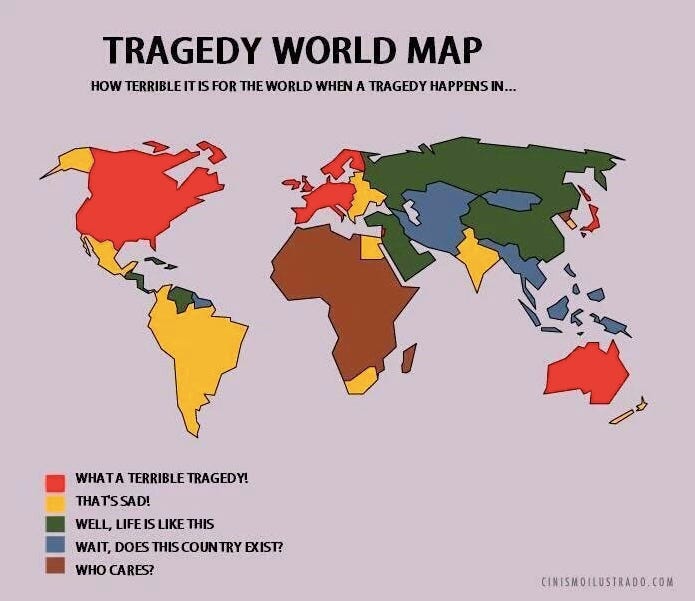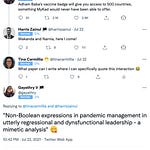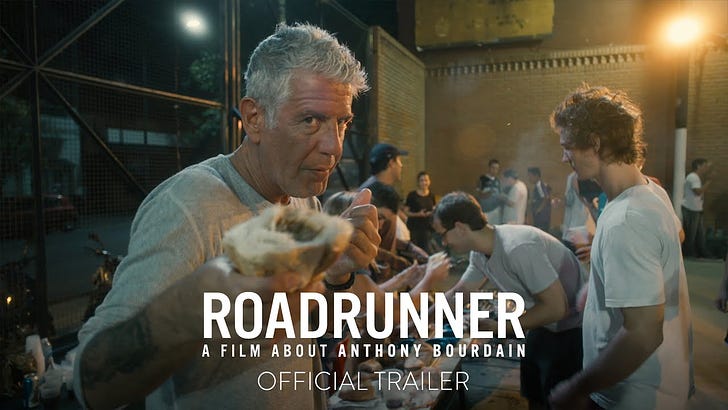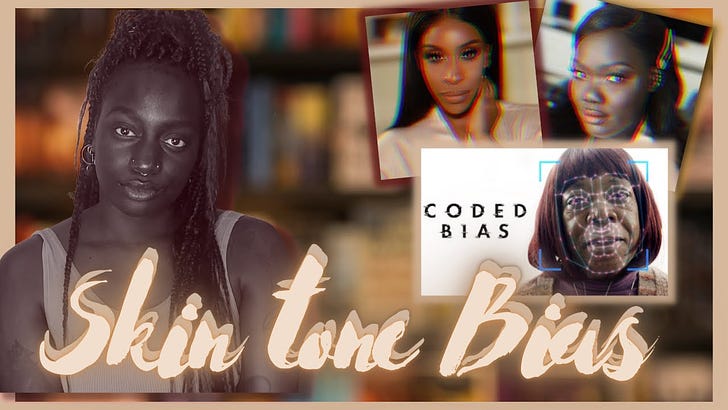No talk me im angy
Dan Goodin for Ars Technica: 1,000 phrases that incorrectly trigger Alexa, Siri, and Google Assistant. “When devices wake […] they record a portion of what’s said and […] the audio may then be transcribed and checked […] to improve word recognition. The result: fragments of potentially private conversations can end up in the company logs.”
Poppy Noor for The Guardian: New rightwing free speech site Parler gets in a tangle over … free speech. “The social network bills itself as a ‘no censorship’ bastion – but it’s already had to remind users what is and isn’t allowed,” including posting pictures of faecal matter, obscene usernames, and pornography. So just like any ‘moderated’ sites, then?
William Davis for The Guardian: What’s wrong with WhatsApp. “The ongoing rise of WhatsApp, and its challenge to both legacy institutions and open social media, poses a profound political question: how do public institutions and discussions retain legitimacy and trust once people are organised into closed and invisible communities?”
Think, but do not overthink (using poker, a favourite pastime, to illustrate)
In poker, whatever hand is dealt to you, is already dealt, regardless. If you have pocket 2-8 and your opponent has A-K, you do not, statistically, have the upper hand. But that does not mean inevitable loss; you can still win the levelling war. Watch Vanessa Rousso explaining the levelling war in under two minutes:
The levelling war is the part where mathematical probability takes a backseat and mind game comes out to play. The thinking level you are on becomes a mind game as it is what you base your decisions on from your folding, bluffing, betting, raising, re-raising, three-betting, and so on.
Here are the basic levels:
0th: What hand I have
1st: What hand I think my opponent has
2nd: What hand I think my opponent thinks I have
3rd: What hand I think my opponent thinks I think she has
...and you get the picture.
However, being on high-level thinking does not mean you have an upper hand. If your opponent can only think at the zeroth level, you cannot decide your move based on the second level because she is incapable of thinking beyond what hand she knows she has. In other words, she does not consider what hand you have before she makes her decision. By playing too high above your opponent, you are assuming she has information that she, in fact, does not. You are assuming she is playing at a level higher than she is actually capable of, and that is your mistake.
Here is an example of making such mistake: Vanessa Selbst and Kevin MacPhee at a levelling war, where Selbst played a notch too high (2:25).
Logically, you can think only one level higher than where your opponent is on, so you must first decide what level she is on. If you know your opponent is thinking at a specific level, you can then exploit that by playing one level higher and bait, bluff or otherwise make a move that out-thinks, thus, out-plays your opponent.
Being on the right level in relation to your opponent allows you to make educated guesses and decisions that could eliminate any unfavourable variables and result in something that most closely matches your expectation. That is, you can take her assumptions into consideration and then do her one better.
That is all well and good if you are out-thinking your opponent. At some point, you will meet opponents who will never take a bait or fall for a bluff – because whenever you do something to exploit her, she uses that game plan to cancel it out. You will find yourself being out-levelled as the opponent keeps taking it up a notch. The better the opponent is at out-thinking you, the harder she is to exploit and the nearer she draws to game theory optimal (GTO) play.
In GTO, theoretically, you can have all the information about how your opponent will play and still, there will be absolutely nothing you could do to exploit her game. This way, poker becomes almost simply a static, open-faced game – much like chess or Rubik’s Cube. When it comes to this, you must abandon any gameplay that tries to exploit your opponent and resort to a different strategy.
Sometimes, a rookie joins the table and wins everything. They call it beginner’s ‘luck,’ but it’s usually because the thinking players take the levelling war way too high when the beginner is really just at the zeroth level and going in blind.
All that said, this levelling war element in poker is the same with life:
Life’s a game of chances, sometimes the hands that you are dealt with is unfavourable, but if you use your brain it can work to your advantage.
In decision-making scenarios, remember to be level-headed in your thinking and not over-think your decision. Do not go one thinking level higher than necessary.
You can think deeply and strategically in your decision-making, but sometimes outside of your own control, still end up losing.
Some people make stupid decisions, win, and still know learned nothing, which is infuriating to the thinkers.
But poker is a long game, and so is life!
What I read, watch and listen to…
I’m reading a long-form by Jacob Silverman for Columbia Journalism Review about what it’s like to cover Facebook:
What Facebook has become is the press’s assignment editor, its distribution network, its great antagonist, devourer of its ad revenue, and, through corporate secrecy, a massive block to journalism’s core mission of democratic accountability. Whether journalists can survive these conditions to produce meaningful, critical work about Facebook depends as much on their own adaptability as it does on the backing of revenue-minded media owners who might not wish to antagonize one holder of the advertising duopoly during an unfolding economic calamity. Except for one or two premium-tier media properties, journalism needs Facebook more than Facebook needs journalism.
I’m (virtually) visiting a free online exhibition about digital identity and privacy, CTRL + U by Identity 2.0.
I’m watching this video on loop. IYKYK, if you need it to be the explained then… that explains it, doesn’t it?
Chart of the week
An old one but the state of the world hasn’t really changed, has it?
Tinggal dan tinggal
Tinggal boleh bermaksud mendiami sesuatu tempat atau keadaan (“live” atau “stay”), seperti tinggal di bandar, atau tinggal untuk makan malam. Tinggal juga membawa maksud sebaliknya, iaitu untuk pergi dari sesuatu tempat atau keadaan (“leave” atau “go”), seperti meninggalkan kampung halaman, atau meninggal dunia. Anehkan, perkataan sama, jika diimbuhkan pelbagai cara, boleh diterbalikkan maksudnya?















